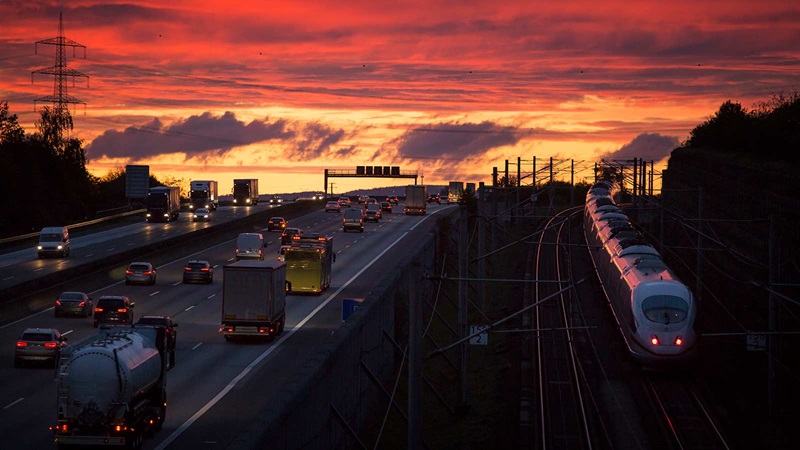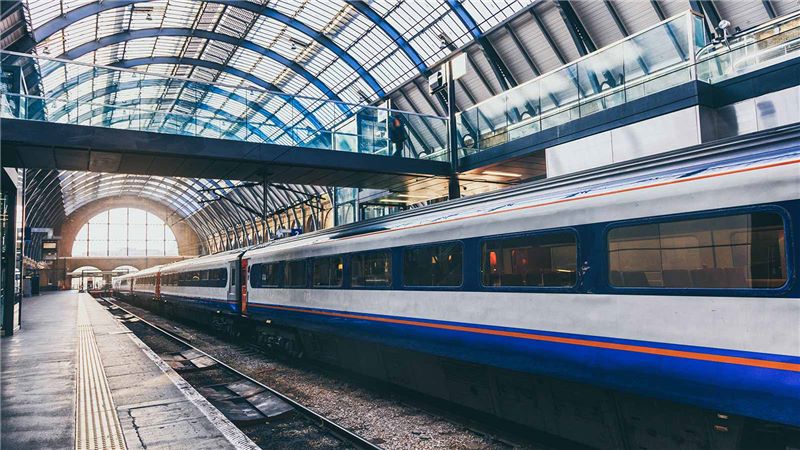British public could pay £23 billion a year to prop up poorly planned infrastructure projects
New economic data from international construction and consultancy company, Mace, has highlighted how a failure to effectively plan and deliver infrastructure projects over the next ten years could see British taxpayers face an unexpected bill of £23 billion, while the global cost to the public purse could soar to US$900 billion.
Infrastructure’s role as an economic stimulus has long been recognised around the world. Mace’s data, outlined in the company’s latest Insights report, ‘A Blueprint for Modern Infrastructure Delivery’, shows that nearly US$4 trillion needs to be spent every year to meet the requirements of a growing and advancing global population.
Now, in the wake of coronavirus, infrastructure’s role in driving growth and prosperity is more pronounced than ever before. According to the World Bank, the impact of lockdown measures and behavioural changes in response to COVID-19 caused the most severe contraction since the Second World War.
So, with economies around the world hit hard by the impacts of the virus, and infrastructure positioned by many governments as a core part of the remedy, it is critical that we deliver our major projects and programmes more efficiently, cost effectively and considerately.
This will require significant effort to develop and implement innovative processes, such as modern methods of construction, at scale and as part of a wider strategy to increase productivity. Meanwhile, a committed drive for decarbonisation across all sectors must rise to the fore in order to leave a positive legacy for future generations.
The need to improve is stark. According to Mace’s data, up to 80% of large infrastructure schemes globally are delivered late and over budget, and then under-deliver on benefits.
The UK is no different, with a number of high-profile schemes suffering such challenges in recent years. The government reaffirmed its recognition of the problem, writing of the need to ‘build back better’ in its recently published National Infrastructure Strategy. With over £77 billion to be spent on infrastructure every year from 2030, according to Mace’s report, the opportunity is significant, but so are the pitfalls.
Recognising this longstanding challenge, Mace interviewed nearly 40 senior executives last year to produce its breakthrough report explaining why projects and programmes across the globe are suffering in this way. In light of the COVID-19 pandemic, Mace has included new data on both developed and developing countries and outlined its findings in the context of the virus. Among the main issues identified were:
- Lack of clarity of outcome when deciding on which schemes to take forward. Often decisions are driven by political pressure rather than rigorous cost and benefit analysis.
- The poor predictive abilities of project teams in their early stages, who are pressured into providing fixed point price estimates and programmes well before accurate predictions are possible or realistic.
- Procurements based on ‘cheapest price’ rather than ‘value’ to fit within unrealistic initial budgets. On large and complex projects, ‘cheapest price’ procurement is a false economy.
To shift the balance, the report outlines ten key recommendations for how to put things right, including implementing independent scrutiny panels on big projects, shaking up the way the sector runs procurement, and spending more money upfront to properly examine, scope and plan the scheme.
Jason Millett, CEO for Consultancy at Mace, said:
“Around the world, good infrastructure is vital for socioeconomic prosperity, both directly through investment and jobs, and indirectly through things like improvements to transport connectivity and access to clean water. Unfortunately, not all infrastructure projects are properly planned and delivered, resulting in delays, cost overruns and under-delivery against expected benefits. The negative impact of this is significant, with our calculations showing that, globally, taxpayers could be paying US$900 billion by 2030 to cover the costs.
“With COVID-19 placing greater emphasis on the importance of infrastructure as an economic multiplier, it is more important than ever that we get this right. Our major projects and programmes must have clarity of direction and outcome-focused decision making to ensure they do not become a burden, but rather an enabler for post-pandemic growth”.
Contact us
-
Mace Media Line
+44 20 3824 3600Email












